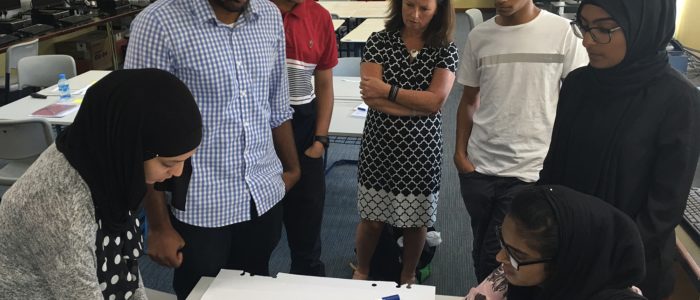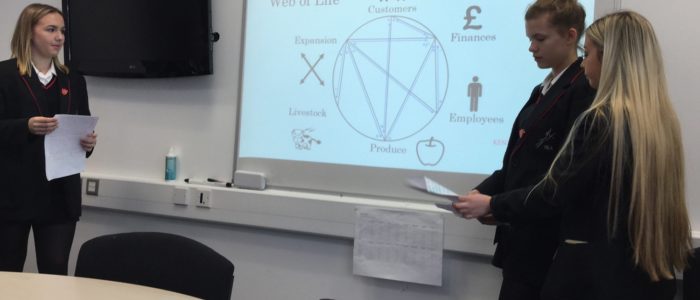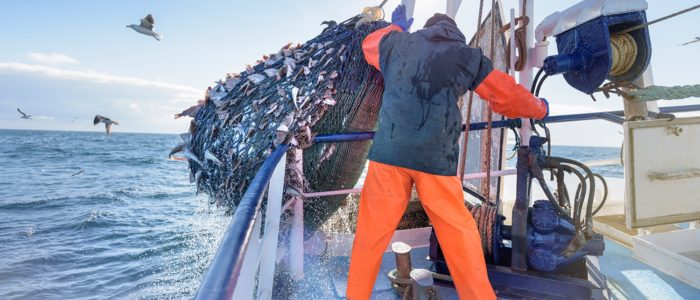Plastics are versatile and cost-effective and have improved many aspects of daily life, including healthcare and the shelf life of food.
However, every year an estimated eight million tonnes of plastic materials flow into the oceans, threatening marine life and food chains. NXplorers in Rio de Janeiro decided to find ways to reduce the amount of waste plastic ending up in the ocean near them.
The area around Guanabara Bay in Rio de Janeiro is one of the most densely populated urban areas in the world. Pollution is a major issue. Sewage, industrial wastewater and urban run off, particularly in the rainy season between October and April, means that the water in the bay is seriously polluted and marine life is suffering.
The problem is large, but NXplorer students on Governador Island in the bay have played a part in creating a different, more positive future. After exploring the issues, they decided to focus on the plastic debris pollution caused by single use plastic bottles. Using the change tools they identified that the probable future would be disastrous for marine life in the bay and, as a result, the local fishing industry on which many families depend.
With a new awareness of the issues around waste plastics, the students identified that they could bring about a more positive future by championing the reuse of single use plastic bottles. Their ideas reflected other global campaigns that promote a more circular approach to plastics production and consumption.
The feasibility funnel and the compass tools led both schools to reuse waste plastic bottles to enhance food production. They turned the bottles into hanging or vertical gardens and greenhouses, to propagate plants and grow vegetables that were then used in the school restaurants or donated to the local community.
This NXplorers project has had a considerable impact on the environmental awareness of the students involved. Through the project they have practically demonstrated that a product that would have normally been used once and then thrown away, can be reused to make a positive difference. They are keen to encourage members of their community and other schools to copy, and build on, their example. Some students have already replicated the project in their homes.
The students recognise that the NXplorers tools can be used in other areas of their lives, to explore any complex issue and identify actions that can lead to positive change. They are more empowered to take action and recognise the part they have to play in creating a more positive future. The enthusiasm of the students to work together and make a difference in this way also led to improvements in attendance.
These students used the NXplorers toolkit to explore the global challenge of marine plastics pollution and to take positive action to make a difference to their local area. Both schools are excited about what they will be able to achieve as they build on this positive start in the year ahead.


